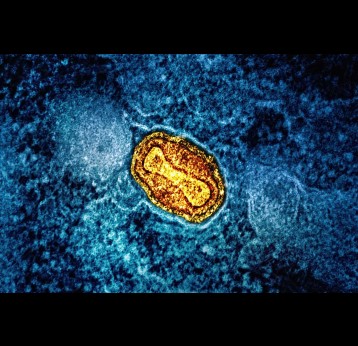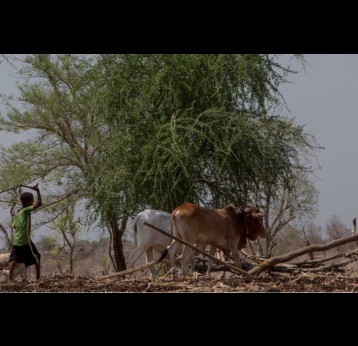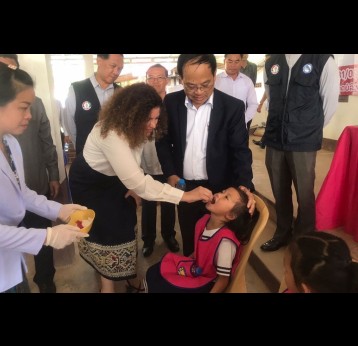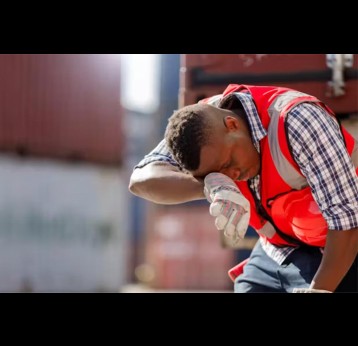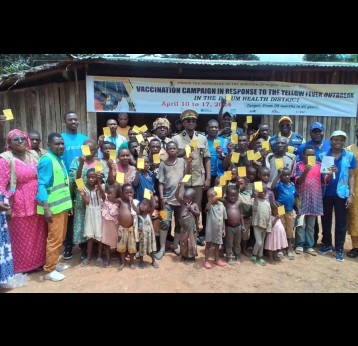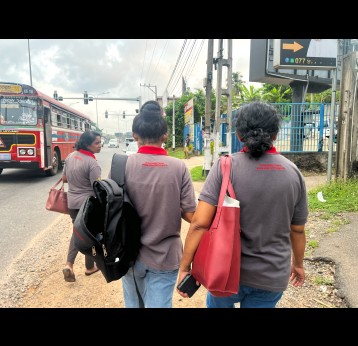View by type:
Articles (4204)
Spread of deadlier mpox strain in DRC could pose global threat
CDC says urgent action is needed to contain an ongoing outbreak of clade I mpox in the Democratic Republic of the Congo (DRC).
Six things you need to know about how vaccines can help prevent antimicrobial resistance
Treating infections can drive antimicrobial resistance; using vaccines to prevent infection can be crucial to reduce resistance and save lives.
African health experts warn of climate change & rising vector-borne diseases
Climate change has become a pressing public health crisis around the world, as disease patterns worsen and emerge in regions where they did not exist before. Rising temperatures can expand and extend the life cycle of disease-carrying vectors…
Lao PDR and partners commence nationwide measles and rubella vaccination campaign
The Lao People’s Democratic Republic (PDR), in collaboration with its partners, today launched a crucial nationwide measles and rubella (MR) vaccination campaign.
Could ‘Science Courts’ help build public trust?
Debating scientific topics in a courtroom setting could be a way to inform and engage citizens in public policy.
Climate change is linked to worsening brain diseases – new study
Even small increases in temperature can stop our brains from functioning optimally.
The Viral Most Wanted: The Retroviruses
AIDS was recognised as a new disease in 1981. The cause of AIDS was identified as a virus that had almost certainly jumped from chimpanzees into humans at least several decades earlier somewhere in Central Africa. The virus—now known as Human…
Cameroon hits back at yellow fever
Recent years have brought a yellow fever resurgence to Cameroon. Last month, a targeted vaccination campaign pummeled the chain of transmission in seven especially vulnerable health districts. Nalova Akua reports.
From our brains to our bowels – 5 ways the climate crisis is affecting our health
The climate crisis is damaging our mental and physical health, with a World Economic Forum report estimating it will lead to 14.5 million deaths by 2050.
In Sri Lanka, health workers go the extra mile to keep sex workers safe
Keeping often-stigmatised sex workers integrated with the country’s successful HIV and syphilis control programmes, depends on ease of access and bonds of trust.
Lassa fever case in Paris: what you need to know
Lassa virus kills about 1% of those who catch it, but if caught early enough, antiviral drugs can prevent serious illness.
How Africa is moving towards a homegrown response to health emergencies
A free trade treaty and efforts to bolster local manufacturing of health products could mean homegrown solutions for future health emergencies.

